|
Cassandra Khaw, Food of the Gods, Abaddon, 2017. Audio version available on Audible. I had already read and enjoyed (and reviewed here) Hammers on Bone, but I had yet to try the Rupert Wong series, also by Cassandra Khaw. As it is shortlisted for the Subjective Chaos Kind of Awards, it was the perfect occasion to dive into it. Food of the Gods (which comprises two novellas, Rupert Wong, Cannibal Chef and Rupert Wong at the Ends of the Earth) proved to be a delightful and funny read, despite some "Eeks!" and some minor nitpickings. Rupert Wong is a chef in Kuala Lumpur, but he isn't your usual chef. He is a chef for a family of ghouls who, as you may know, feed off humans. But Rupert has another characteristics, he bears on his arms tattoos, remnants of malignant souls that will try to escape from time to time. But Rupert has yet another characteristic: Ao Qin's daughter has been killed, the Dragon King isn't exactly pleased about that and he has now tasked Rupert to finding out why Furies feathers have been found on the crime scene. To put it mildly, Rupert won't have an easy life... The first striking thing with the Rupert Wong series is the humour. I honestly chuckled out loud a couple of times - something that rarely happens - and Rupert's voice is both irreverent and witty, a delightful mix. It is a character both relatable and eminently friendly, his job put aside. To that, should be added a great sense of pacing. Rupert is a pawn, thrown here and there by sadistic ghouls, Hell deities or powerful various supernatural beings. Though the first novella, Food of the Gods, keeps the number of characters in check, it suddenly expands in At the Ends of the Earth, which can make it a bit more strenuous to follow, as the plot deepens, the pace still remains lively and the alliances become even more treacherous. I also regretted that in this second novella, the narrative jumped from one scene to the other and it felt to me it flowed less easily. Another striking point in favour of Food of the Gods is how Khaw took all of the pantheons and threw them together. It's like a mafia of worldwide gods and deities, with petty vendettas, manipulation, alliances, and the odd one here or there who just wants to be left alone. There is an incredible jubilatory sense at seeing all those mythologies mixed together and finding out where it all leads (hint: gods, no better than humans). And from all this mix emerges an incredible inventiveness. But Food of the Gods is also horror. Rupert Wong is a cannibal chef and we are served with many descriptions of his cooking and some violent scenes. Nonetheless, the story remains firmly within the boundaries of body horror, never venturing into supernatural horror. On my own scale of horror (the regulars know I'm not into horror, though I may venture into it from time to time), I'd say it's at 3 "Ewws" (out of 5) on the body horror scale. So if you can face gore, dismemberment and assorted gutting, you're good to go! All in all, Food of the Gods is fun... Yes, I know I just talked about gore, dismemberment and gutting, but, trust me, it's fun. Despite not liking the second novella as much as the first one, I really recommend both, because the inventiveness of Khaw's writing is to be enjoyed until the last line. The writer's Twitter account. If you've liked Food of the Gods, you may also like
0 Comments
Your comment will be posted after it is approved.
Leave a Reply. |
All reviews are spoiler free unless explicitly stated otherwise.
I only review stories I have liked even if my opinion may be nuanced. It doesn't apply for the "Novels published before 1978" series of blog posts. Comments are closed, having neither time nor the inclination to moderate them. |
WHAT IS THE MIDDLE SHELF?
The middle shelf is a science-fiction and fantasy books reviewS blog, bringing you diverse and great stories .
PLEASE SUPPORT AUTHORS.
IF YOU LIKE IT, BUY IT. |
ON THE MIDDLE SHELF
|
KEEP IN TOUCH WITH THE MIDDLE SHELF
|
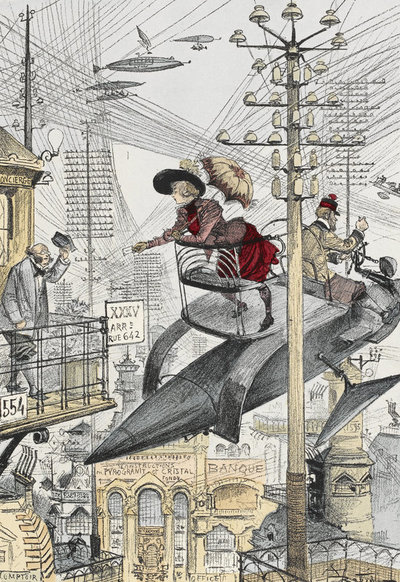
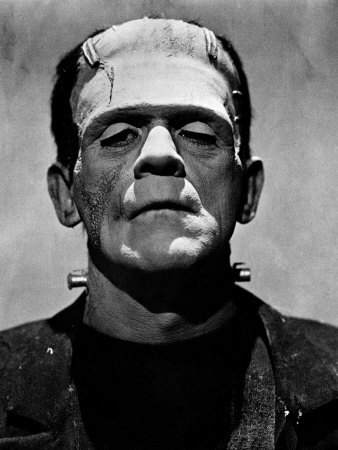
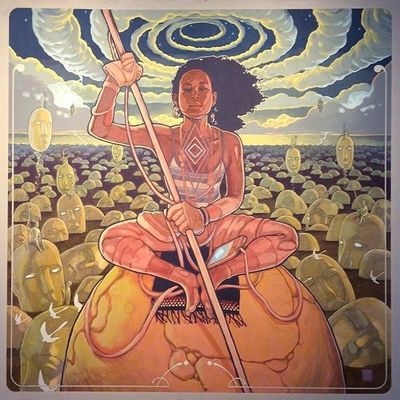
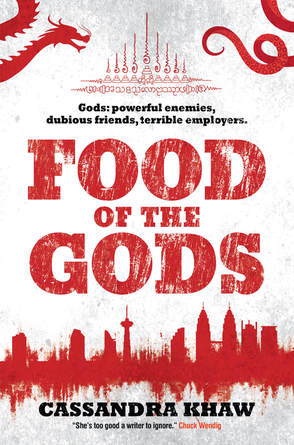
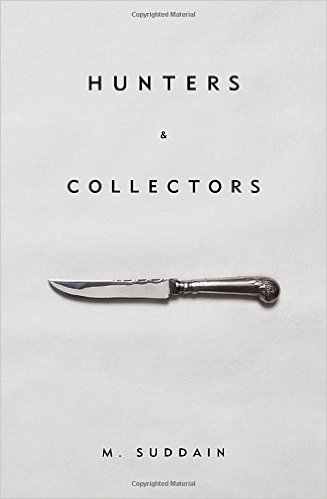
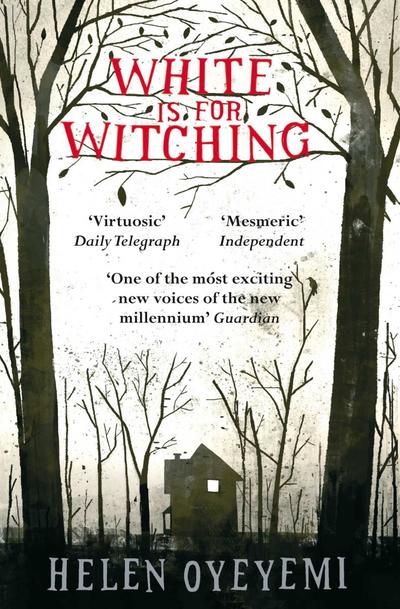
 RSS Feed
RSS Feed
